Table of Contents
ToggleI have a lingering memory. Or perhaps it is only the shadow of one — part dream, part truth, I can no longer tell. But it has stayed with me, held somewhere beneath the surface of my psyche.
It was after the funeral. After the weeping had quieted. After the crowds had drifted away, leaving the earth freshly scarred where the latest coffin had been lowered.
Somehow — though I do not remember how — I found myself alone in the cemetery.
Among gravestones and weathered statues.
I remember standing there for what felt like an eternity, quietly hoping that someone would notice they had forgotten me.
That someone would come rushing back, arms open, calling my name.
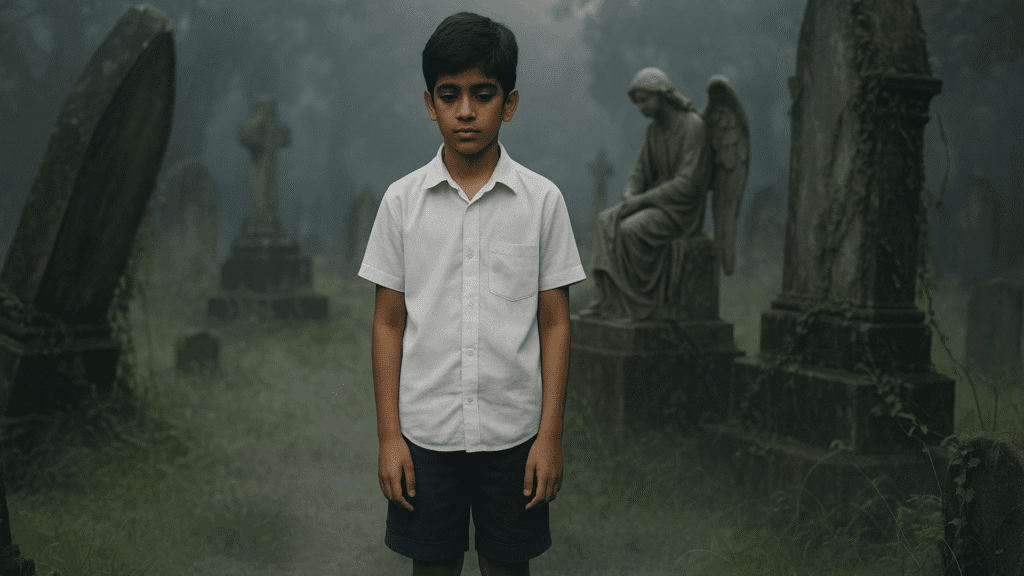
But no one came.
And it is not that my family didn’t love me.
It is just that they were sunk in their own grief — so deep, so consuming — they couldn’t see.
They couldn’t remember.
Or at least, I told myself so.
I was only a boy. And what strikes me now is not that I was afraid.
That, I wasn’t. Not of the dead. Not of death.
What I remember most was the loneliness — a tender, nostalgic kind of pain. Not fear.
Because by then, it had become familiar.
Almost like an old friend — the kind who shows up when no one else does.
As a child, I watched waves of chaos fold and unfold before my very eyes, one began before the other concluded.
I didn’t have the language then.
But my body did.
It was as if someone kept tracing an old wound with a blade. Over and over again. Not deep enough to destroy, but enough to never let it heal.
And now, all these decades later — I do have words.
That is why I am writing this.
Not just a story. The realities I lived through.
“Grief that cannot speak will speak through the body.
In breath, in bone, in the weight we carry without knowing why.”
The Uncle Who Drowned
The funeral had been for one of my uncles — the one they used to call the good-looking one. The one who had broken many hearts when he was young. The one who seemed to carry light wherever he went — until life began to dim it.
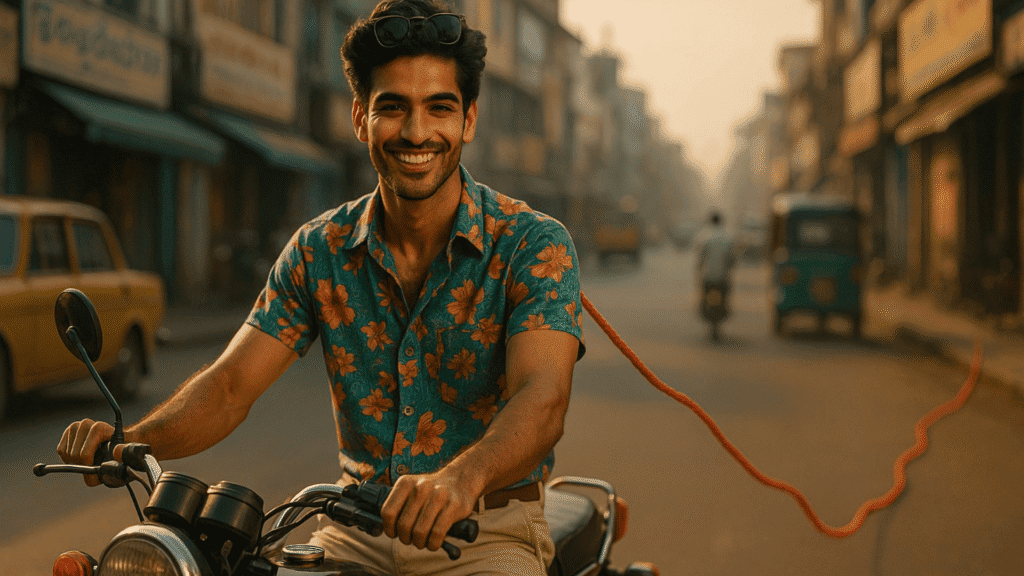
By the time my uncle vanished, we had all been bracing for the call — anticipating the pain of losing him. And yet, when the call came, it shuddered the house in a way no one could prepare for.
He had been found in an abandoned well. His body bloated, life long gone by the time they pulled him from the water. The man who had once turned heads with his charisma, now returned in a form that revealed the ugliest face of grief — a return that didn’t just break hearts — one that deeply scarred those who took a glimpse at his still body.
They called it an accident. But those of us who understood grief knew better.
It was not one fall that took him — it was many. A thousand tiny falls, each one cutting another thread beneath him, until there was nothing left underneath.
But he left behind two children and a young wife. History repeated itself.
Addiction is a quiet thief. It does not arrive all at once, but in the shadows. From my earliest memories, I saw how he secretly used drugs to blunt what he could not face. Not because he was simply weak. But because he was in pain — pain that had never been given voice, never been given space to heal.
What had been unprocessed shock, grief and abandonment became something he carried in silence. And when the silence grew too loud, he withdrew from reality. His addiction was not a choice in the way people like to believe. It was a body trying to survive what the mind could not digest.
And let me be clear — we all have free will. None of us are condemned to be victims of our past.
Or so we are told…
But the sad scientific truth is this: when a child is exposed to overwhelming trauma — such as the suicide of a parent, the loss of safety, poverty, abandonment — it imprints deeply, not just in the conscious mind, but in the unconscious body. These are not wounds we can think our way out of. They are patterns that whisper through us, pulling us into darkness long before we understand that we are lost in it.
This is why compassion matters. Why we cannot look at the struggling and simply say: “Choose better.”
Because long before choice, there is an imprint.
And until the imprint is seen and healed, it runs the show.
“The river of the past flows beneath our choices.
Until we learn to feel its current, it carries us where it will.”
The funeral passed like a blur. I do not remember the faces, the prayers, the sequence of hours.
What I remember is my mother. How her body responded to grief.
The moment my mother heard the news, it was as if the woman I knew was gone.
The four-year-old girl who had once lost her father manifested through her body.
Screaming, sobbing, her feet striking the ground like a child who lost her favourite doll.
Drenched in unspoken sorrow, she would slip beneath the surface of consciousness —her body folding in on itself — surrendering to gravity. And each time she regained her senses, the grief would paralyze her over and over again.
There is something no child should have to witness — a parent losing themselves, completely.
But, as I watched, the person who was supposed to keep me safe, turned into a ghost – one from the silent past.
I stood there. I felt frozen. I was too scared to add to the chaos — that much I had already learned by then. An unexplainable void hollowed the chest.
“There are threads in the blood that no hand remembers weaving.
And yet they pull us, until we choose to see them.”
The Uncle Who Fell Beneath the Train Tracks
Not long after that funeral, I moved in with my grandmother. She was growing older by then. Life had bent her in ways no posture could correct, but her silence remained steady — the same silence that had carried her through my grandfather’s death years before.
I had earned a scholarship to one of the prestigious schools in the city — a chance for a different future. But to attend, I needed to live closer. And so I moved into her modest house — a place where opportunity felt within reach, but the inside remained dim in other ways.
One of my other uncles lived there too.
The one who had fallen beneath the train.
A chain smoker. A kind man. He had carried hope in him once — I could see that — even as a boy. He had tried. He had given life his best shot.
But after the accident — after he lost his entire right arm — that hope began to fade.
Half a man, in the eyes of the world.
Perhaps it was the loss itself. Perhaps it was the betrayal that followed. His wife left him barely a week after he returned from the hospital — the kind of abandonment that burns a person from the inside out. Or perhaps… it was an old knot, bound tight long before he knew it was there.
I watched him collapse inward. The rolled beedis became more frequent. His eyes seemed to grow older with each passing day, as if carrying a weight no one else could see. And all the while, no one spoke of it. Not in ways that mattered. Not in ways that might have reached him.
I remember watching him — a beedi balanced between his lips, newspaper stretched wide in front of him — reading line after line, back and forth, as if somewhere between the words, life had left a missing answer.

And sometimes, I wondered if it was his fate, or the guilt he carried — the guilt of having become dependent on his aging mother.
I write this carefully now.
Brace yourself — sometimes truth hurts.
But I must write this. Because this too is part of my reality — a part I rarely speak of.
One morning, I found him.
I had woken early for school. The house was cold, the air heavy.
I sensed something strange — his door half-open, his bed unusually still.
When I stepped in, I saw him lying there as usual, but his head tilted.
Although I instinctively knew what was coming, a part of me thought perhaps he was asleep, and gently I reached out — instinctively trying to adjust his head.
But the cold met with my fingers first.
And in that moment, something in me shifted forever.
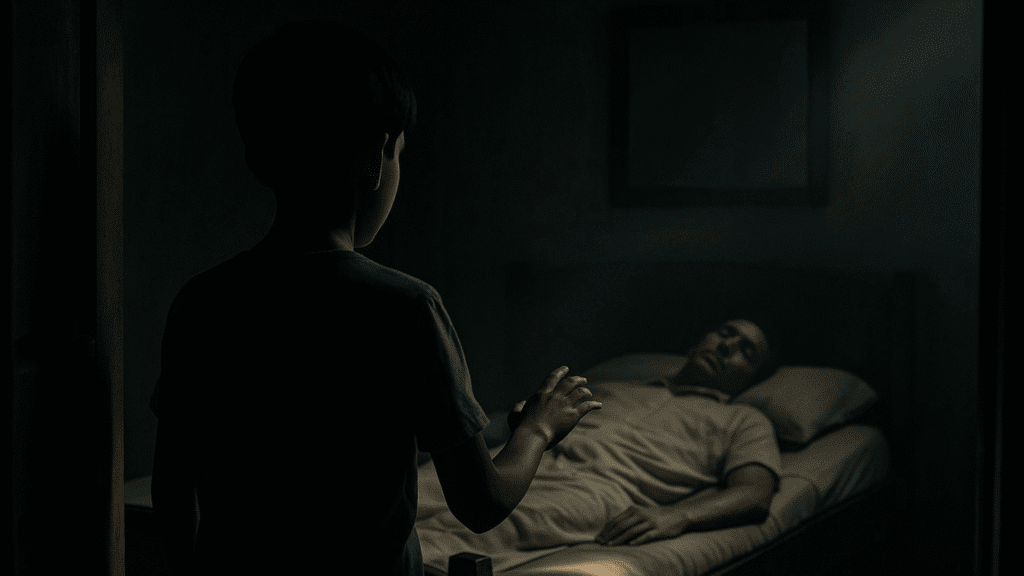
I didn’t panic. I didn’t cry.
And I wasn’t afraid. Not of the dead. Not of death.
I was afraid for the living.
Afraid to look into my grandmother’s eyes — and to be the one to show her that another son was gone.
Afraid of my mother returning to grief.
Afraid that in one of those moments, gasping for her breath, eyes rolling inward, trembling in fits — that she might join her brothers.
That, this time, she might not survive it.
The inherited knot — already braided through my lineage — pulled tighter that morning.
A weight no child should have to carry.
So I got dressed, went to school. As if nothing had happened.
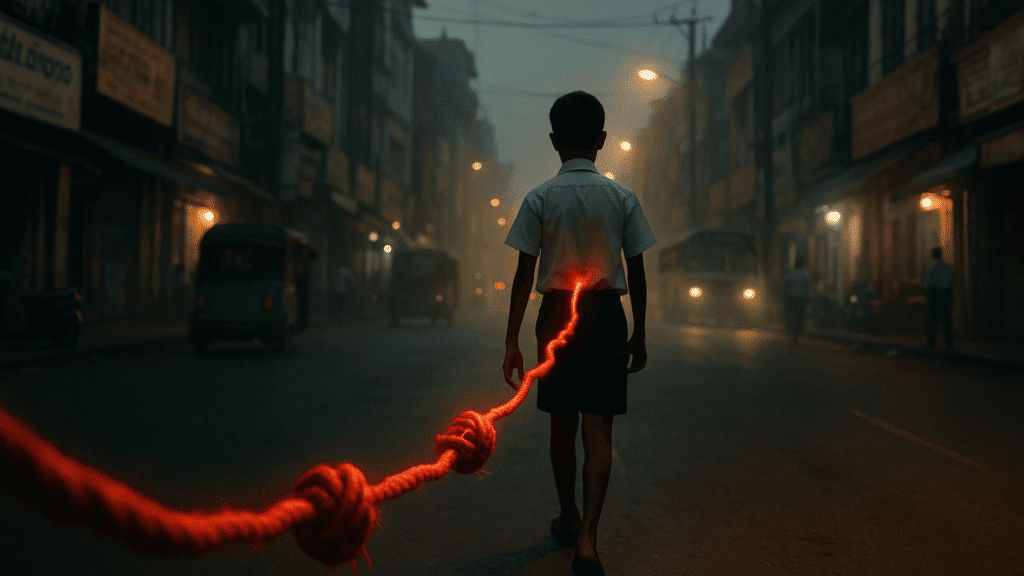
The boy who once loved the rain learned to fear the storm inside.
The boy who once ran barefoot chasing silver veils falling from the sky — grew quieter.
As though it was happening behind frozen glass, I began to watch life from a distance. Memories, laughter, even the small joys of childhood — they all began to blur, smudged with a pain I had hidden and locked away somewhere deep inside.
And somewhere along the way, I lost both the path to those memories — and the key.
A deep loneliness settled in — one without name or shape.
In the middle of a crowded train, in a busy science lab, I would feel the tangible presence of loneliness.
Then, a gnawing guilt that something was wrong, or that something might go wrong at any moment.
It became part of my rhythm. Uninvited — entering every room, lingering in the hallways. An echo I could never outrun. An undercurrent that whistled beneath even the quietest days.
Was there anything I should be worried about?
I began going over — and over — the small things. Everything. Again and again.
And when I reassured myself there wasn’t, an inner voice would whisper:
Then why does it still feel unsafe?
What is this invisible danger?
This is how hypervigilance takes root.
When your nervous system no longer trusts — and braces for betrayal, abandonment, and hurt, even when there is no reason.
Neuroscience now shows us that once the amygdala and stress circuits become sensitized by trauma, the body begins to anticipate danger even in safe environments — a survival adaptation that turns chronic over time.
I began to disappear into my studies.
While others played, I traced shortnotes. While others laughed, I indulged past papers.
Not from ambition. Not from pride.
But because it was the only escape.
Today, Fernando can witness his journey with clarity — the pivotal moments, the detours, and the loving hands that held him through the darkest stretches of the path.
Though young Fernando could not have known it then — the path he would walk through addiction, depression, and anxiety would become a pilgrimage of healing. A true homecoming.
Thank you for being here. Truly — thank you for reading.
Because this is personal to me. Because in these words, I am sharing a vulnerable part of me with you.
From Inheritance to Choice
But the silence grew thicker after that. My grandmother’s words became fewer.
Once steady even in her stillness — she seemed to retreat further inward.
And beneath that silence, something else was moving.
A shadow. A whisper that began to thread its way through the generations — through my uncles, my mother, and then my cousins, my sister, and me.
Some cousins turned to substances early. Others to violence. Broken marriages. Sad stories.
In some, it showed as anger, desperation, or chaos.
In others, as quietness, absence, and withdrawal.
And in between a bit of everything.
Little did I know — at the time — that I too was already seeking ways to numb the pain.
I did not yet know what was coming for me.
Looking back now, I see it clearly. My grandfather’s suicide was not just one death.
It was the beginning of a ripple — one that moved through my grandmother’s body, through her children, through their children, and beyond.
And as I type the word “grandfather” in the previous paragraph, It feels strange.
I do not have a tangible relationship to this man.
It is our family’s shared relationship to him — or rather, to his absence. The romanticized silence he left behind — that became my relationship to him.
The only inheritance he left was that final love letter to my grandmother, and a newspaper clipping that sensationalized his ending. They romanticized his death — and some even pointed fingers at my grandmother. She may not remember their accusations, but the hurt lives on.

Those who read the article never imagined that generations later, the dominoes would still be falling.
My grandfather – An invisible presence that shaped my life, quietly, without consent.
And that is its own kind of loss.
Like a puzzle with its final piece forever missing.
Only the space where a relationship might have been.
Science now shows us that when trauma is left unresolved, it does not simply vanish with the passing of time. The human nervous system is wired for survival — and when an experience overwhelms its capacity to cope, it encodes that overwhelm in the body.
In stress physiology. In hormone cascades. In immune responses. In the very architecture of the brain. (Van der Kolk, 2014; Yehuda & Lehrner, 2018; McEwen, 1998).
Research shows that when people go through extreme trauma — like war, violence, or childhood neglect — it can change how their body handles stress. These changes can then be passed down to their children, not just through how they parent, but also through changes in the body itself. In other words, the body remembers — and sometimes, so does the next generation. (Yehuda et al., 2016; Meaney, 2010).
And so what may appear — decades later — as addiction, as depression, as an “accidental” death in a well… is often the echo of an unhealed wound from long before.
A nervous system still bracing for an event it never processed.
A survival pattern still trying to resolve an unfinished story.
The deaths of my uncles were not separate from my grandfather’s. They were linked through invisible threads. Unpredictable stages of the same unhealed trauma cycle.
And this is not just my story.
This is the anatomy of trauma — the reality of so many stories.
After all the world wars, all the civil conflicts and natural disasters. After generations of community violence, rape, and suicide — we, as human beings, all carry similar trauma memories and responses. They live beneath the surface of culture, identity, law — poised for the moment it might be awakened.
Waiting to be seen.
Waiting to be healed.
“The unspoken hurt does not die.
It waits, it grows — in blood, in breath, in the spaces between words and darkness — for someone brave enough to bring it to light.”
Time alone does not heal trauma. If it is not processed, it is preserved.
And what is preserved can be recalled.
And what is preserved in the body is transmitted — by intention, by survival, by human nature.
Until someone chooses to see it. To name it. To feel it. To break the cycle.
Each death added a new knot in the inherited rope.
And no one dared to untangle it — so it passed from hand to hand, generation to generation.
Until the weight of it pulled even the strongest to their knees.
And that is how it happens. Not only in my family — but in so many families. In so many lineages. In so many places where pain became unspeakable. Where silence became the only language grief could find.
But when we begin to look — gently, honestly — the knots can loosen.
The rope does not have to tighten forever.
In the chapters to come, I will share more — the turns this inheritance took in my own life, the descent, the breaking, and the unexpected doorways toward healing.
If these words have stirred something in you — perhaps an echo of your own family realities — I invite you to walk with me.
There is more to come.
And there is always, always hope.
If this chapter reminded you of someone you know — consider sharing it with them. Someone who may be quietly carrying knots they didn’t tie. Someone who may have mistaken inherited fear for their own nature. Someone who may be living out patterns born from grief that was never theirs to begin with.
And if these words stirred something in you — something tender, perhaps long buried — it would be an honor to hear your reflection. Feel free to share your thoughts in the comments below.
Sometimes, your voice becomes the first thread to loosen the knot — the very thing someone else needs to begin untangling their own story.
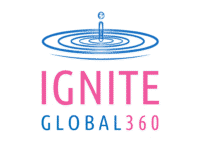
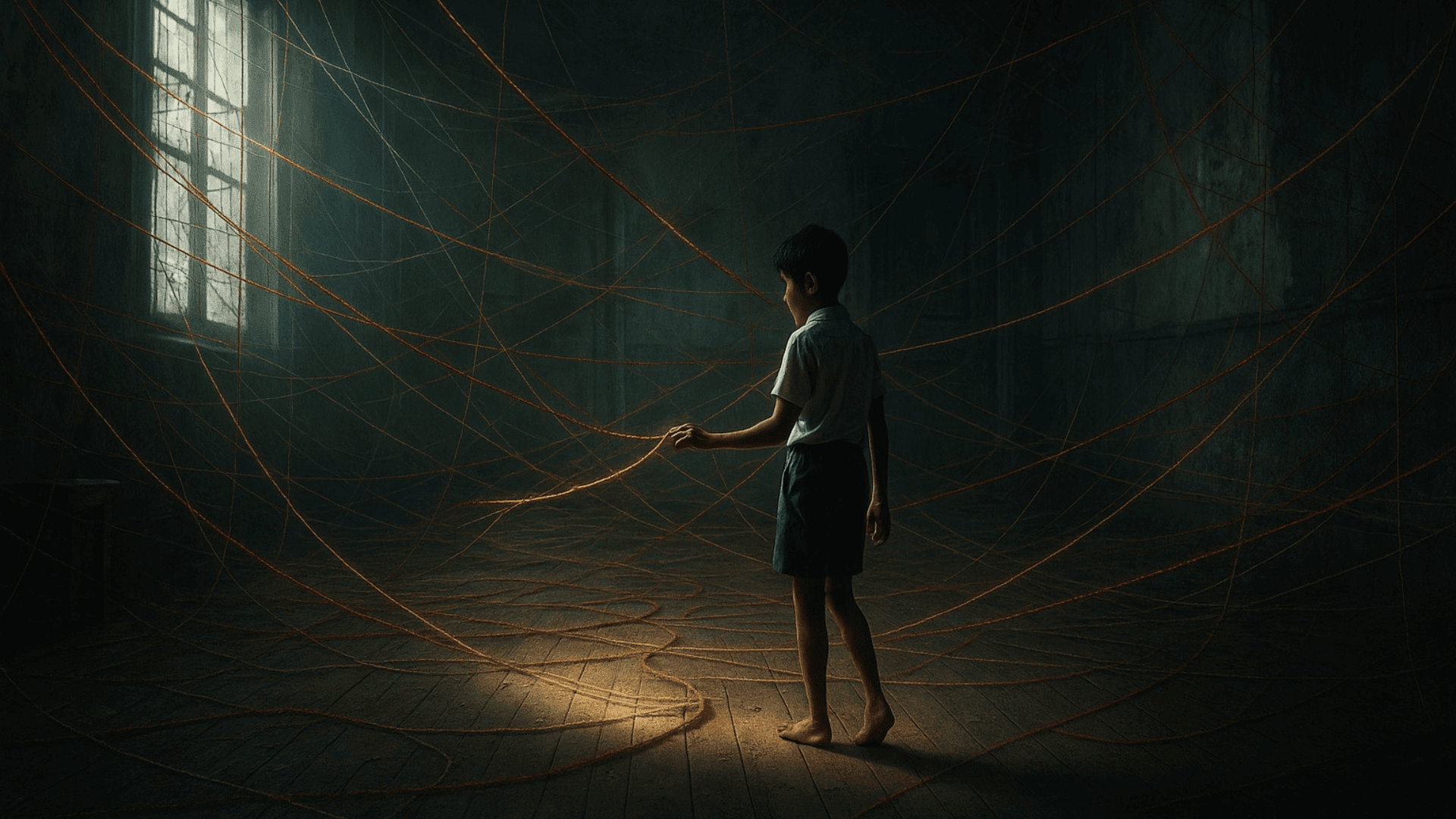
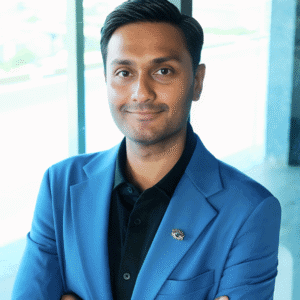
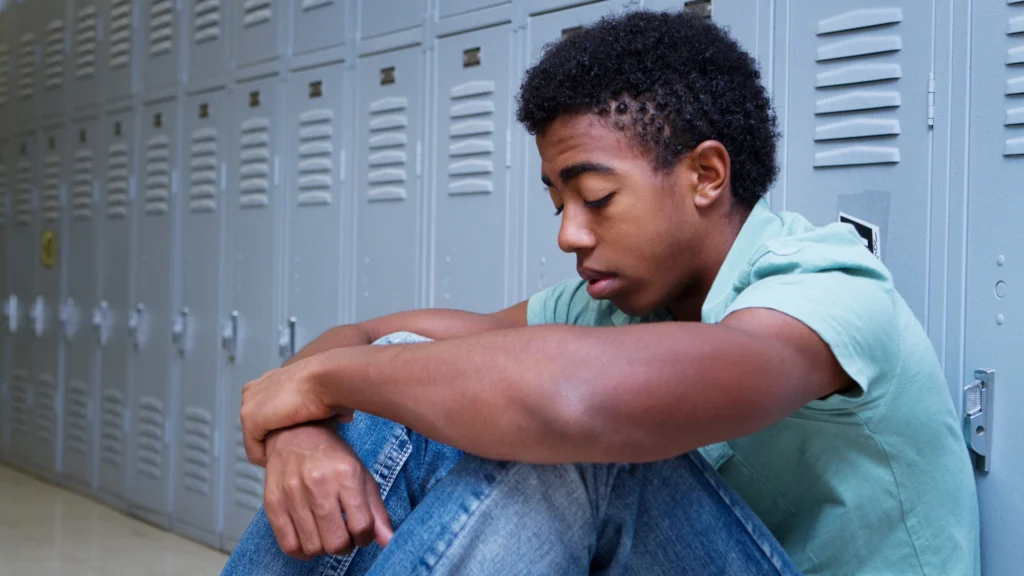
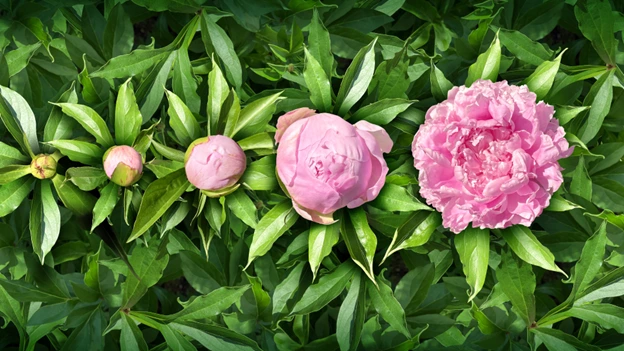
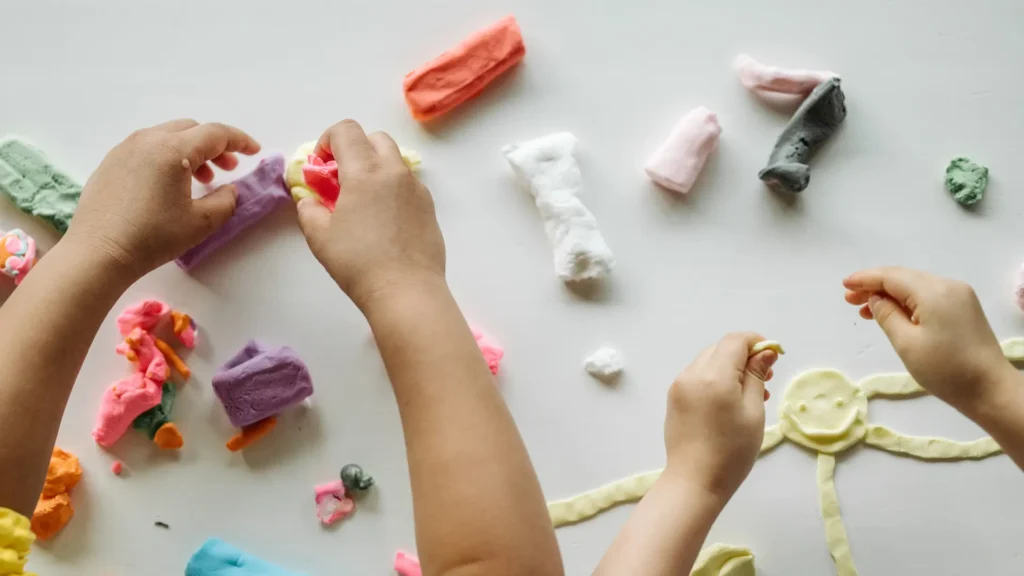
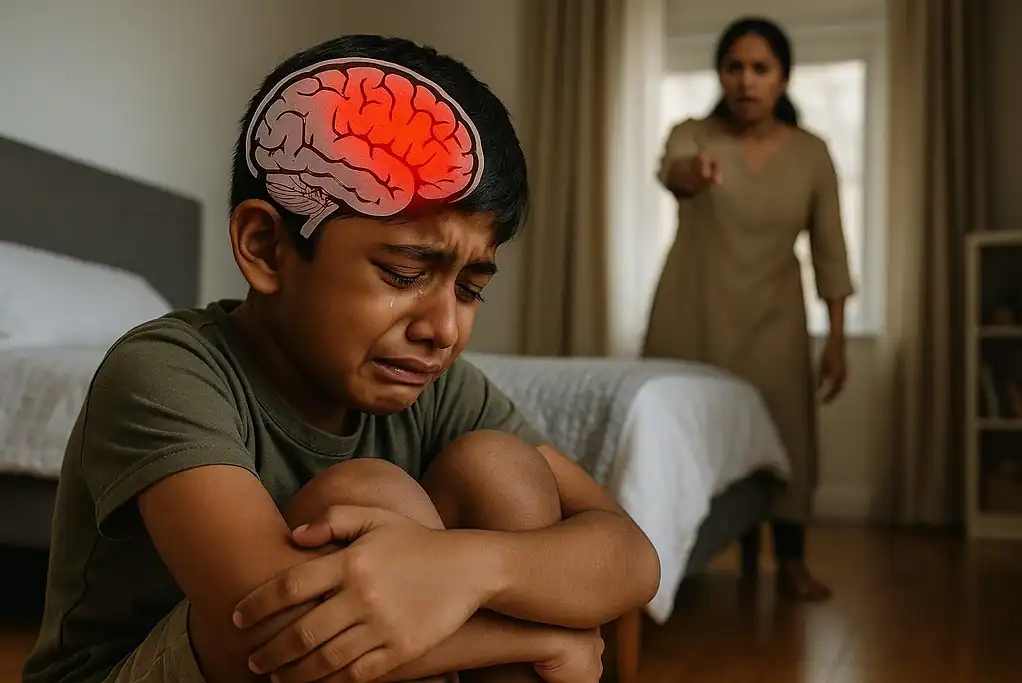
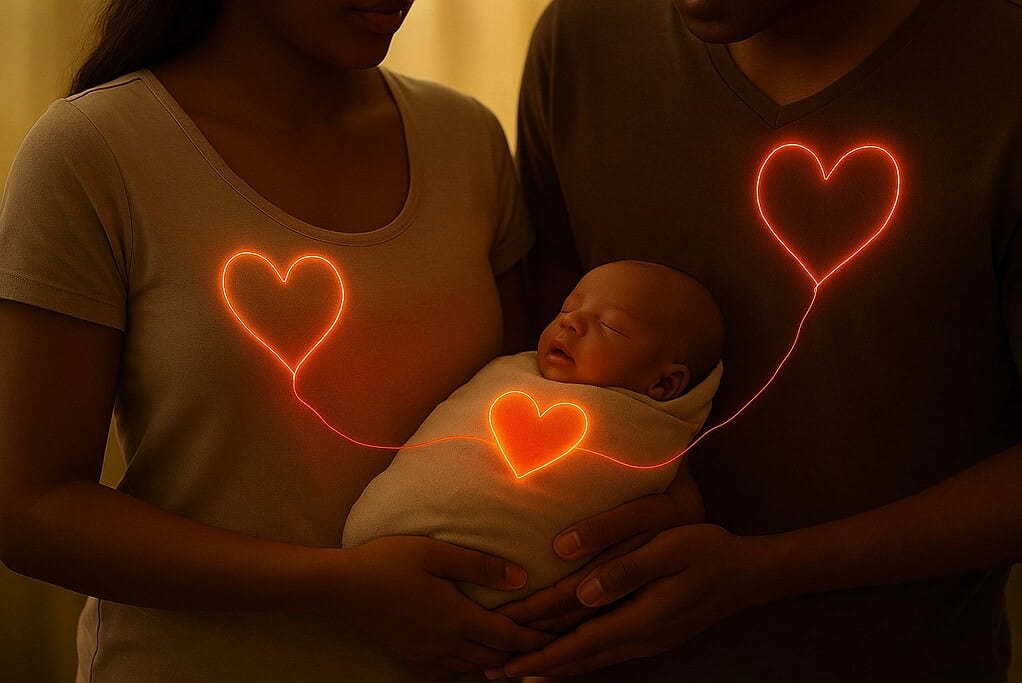
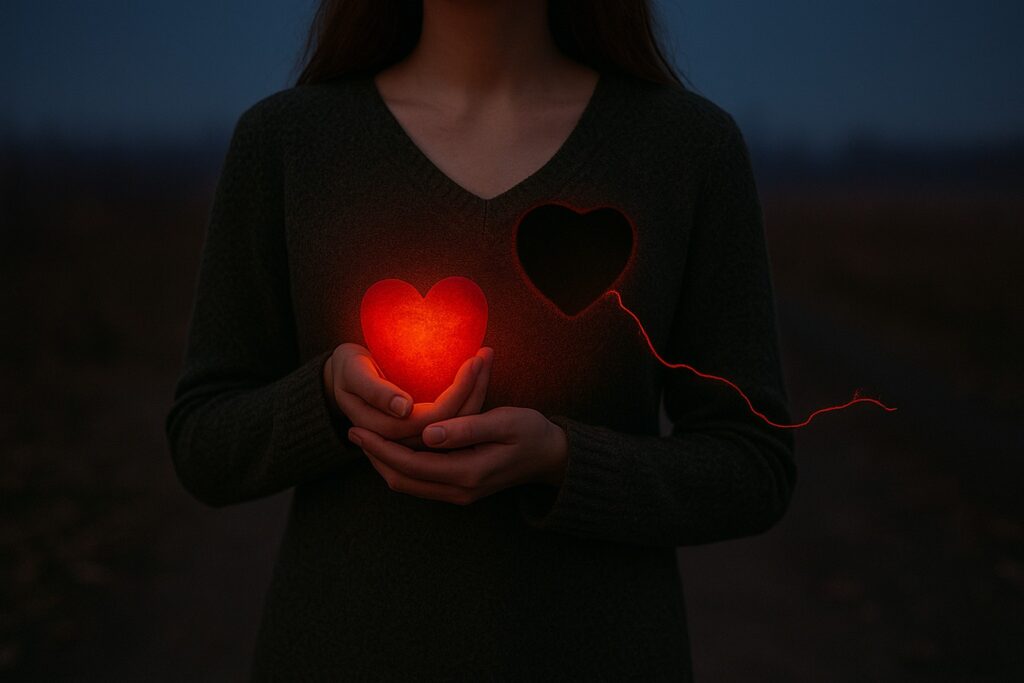
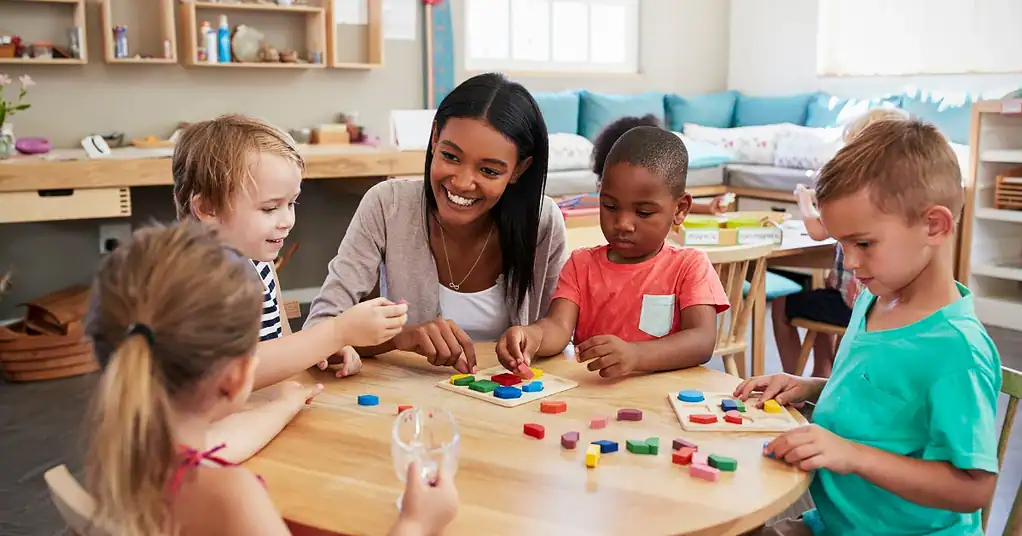
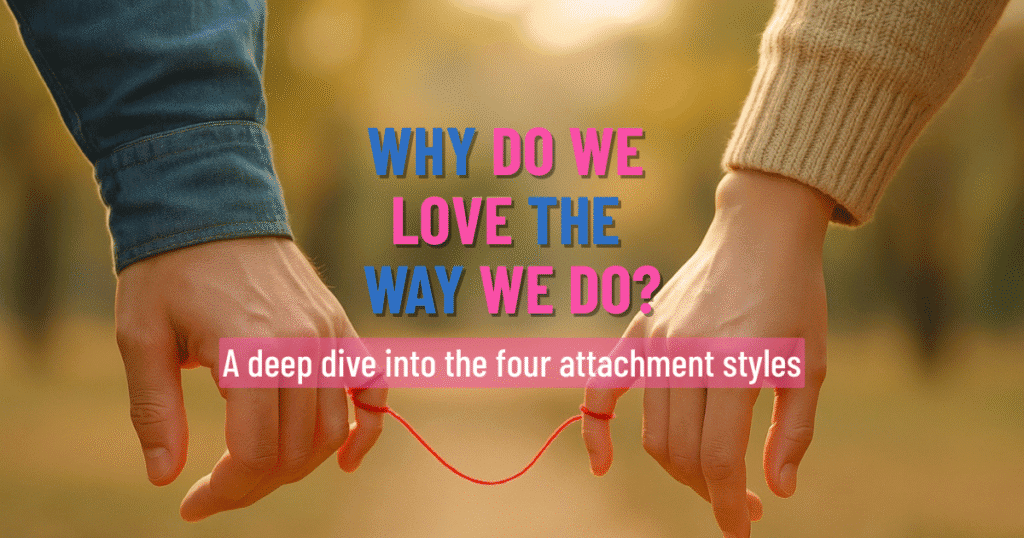
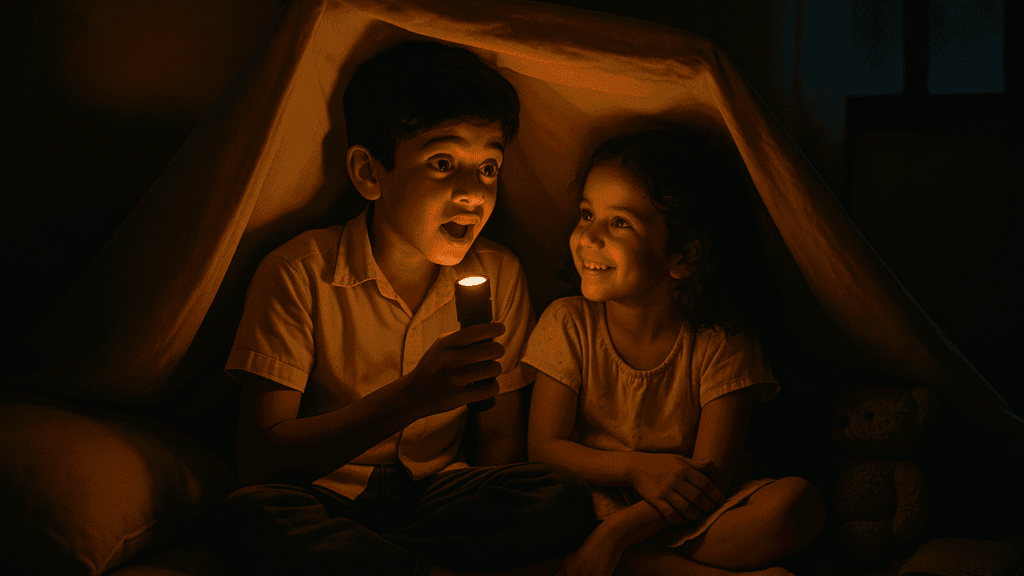
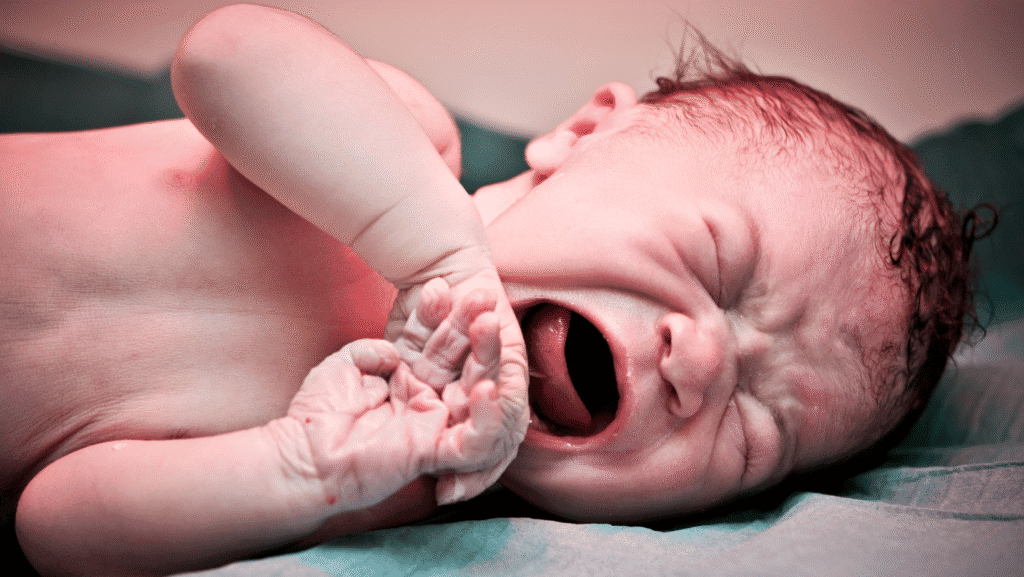
Fernando, thank you for your honesty, your vulnerability, and your strength! Your story is powerful and healing. 🙏
Thank you Emily for the kind words and the encouragement. I am elated to hear they are received with healing energy. Sending you my best energy!